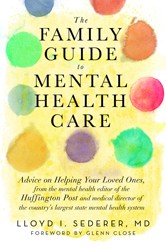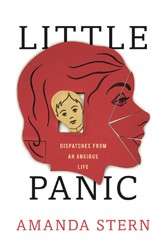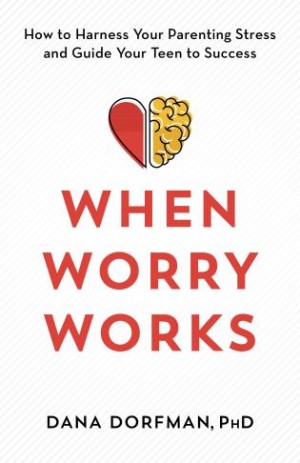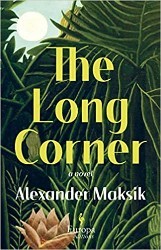Frontier. The word invokes images of borders and boundaries, territories on the outskirts. What an apt title for Erica Stern’s new book that fearlessly pushes the limits of thought, structure, and craft. In Frontier: a Memoir and a Ghost Story, Stern masterfully tells two stories — or two visions of one. Memoir chapters titled “Chicago” alternate with those titled “Wild West,” a ghost story set in frontier days.
The book begins with Stern in an Uber on the way to a hematologist. She is in her eighth month of pregnancy and her platelets have dropped. Stern is experiencing pain but is not sure what to make of it; like women throughout history, she is shamed into doubting her body’s signals. Yet, her instincts are not wrong. In the very first chapter, we bear witness to her difficult labor and forceps delivery. Soon, Stern learns devastating news: her baby has suffered a serious brain injury.
In the Chicago chapters, readers journey with Stern through the baby’s first days in the most critical section of the NICU and the period immediately following. A simple recounting of these events would keep readers riveted, but what makes the memoir even more compelling are the fragments interspersed throughout: Stern reflects on God and Jewish superstition and law. She details the troubling history of the natural childbirth movement, midwifery, and forceps. She critiques the birthing industry, which she refers to as Big Birthing, including doulas, prenatal yoga, the What to Expect books, and the proliferation of baby “necessities” — all of which perpetuate a fairy tale of pregnancy, birth, and motherhood that her own experience does not replicate.
The medical establishment, also complicit, separates Stern and her husband from those whose birthing experiences are without complication: “My new bed on the postpartum floor is in a containment room reserved for people with dangerous, communicable diseases.… My body’s toxicity isn’t contagious but my mind might be.” While Stern recalls reading about rapid-fire cell divisions that occur in utero, she also feels herself splitting — detaching from her body and experience.
Enter the “Wild West” ghost story, an account of a woman from long ago who dies in childbirth along with her baby. Now floating in limbo, the woman tries desperately to reach her son. These chapters provide a stunning complement to Stern’s own experience of feeling as though she is floating ghost-like. Because of her baby’s critical condition, Stern is initially unable to hold him and exists in “a space between grief and motherhood, life and memory.” A turning point arrives when it’s time to name her son. Stern and her husband choose the name Jonah because they like it: “… only later do we realize the symbolic significance of biblical Jonah, a prophet in mortal danger deep inside the belly of the whale before being spit onto dry land.”
In her acknowledgements, Stern thanks editors for believing in her project’s “weirdness.” Yet, Frontier feels less “weird” than wildly creative, a brilliant example of form mirroring content. Because trauma and its aftereffects are not experienced in a straight line, Stern’s structural choices prove incredibly effective at portraying a story of trauma and survival. Her questions and reflections on varied multiple texts and her weaving in of dybbuks add inherently Jewish elements. Frontier is a powerful, dual account of a woman and her family navigating treacherous terrain without a map. Thankfully, they eventually find their way out of a lonely and terrifying limbo and onto solid ground.
Diane Gottlieb is the editor of Manna Songs: Stories of Jewish Culture & Heritage, Awakenings: Stories of Body & Consciousness, and Grieving Hope. She is the Special Projects Editor for ELJ Editions and the Prose/Creative Nonfiction Editor of Emerge Literary Journal. Her writing appears in Brevity, River Teeth, Witness, Florida Review, The Rumpus, and Huffington Post, among many other lovely places.





